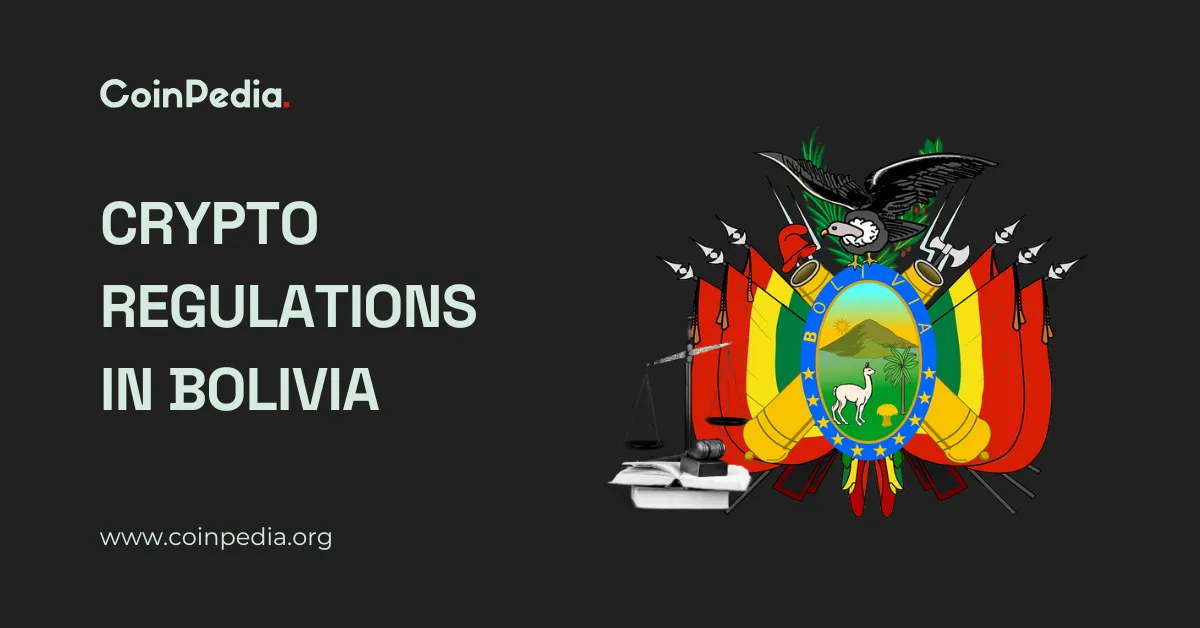
As of 2025, Bolivia’s crypto regulations are evolving dramatically, from a historical ban to allow banks to operate crypto. While trading or owning stablecoins has been legalized in Bolivia, their use for business payments is not permitted, and they are not considered legal tender. Stablecoins transactions in Bolivia are only allowed via an authorized bank.
July 30, 2025, Bolivia and El Salvador Unite to Form Crypto Framework
May 23, 2025 , YPFB Bans
May 7, 2025, Supreme Decree No. 5384
April 16, 2025- Resolution no. 019/2025
Crypto regulation summary
| Date | Law | Details |
| May 23, 2025 | Ban YFPB crypto use | YPFB plans to use crypto for fuel imports; later banned by the government |
| June 26, 2024 | Resolution No. 82/2024 | Lifted crypto ban, allowed virtual assets |
| 2024 | Resolution No. 082/2024 | Supported crypto adoption for financial growth |
| 2022 | Crypto ban continues | Banks are not allowed to operate crypto transactions |
| December 15, 2020 | Resolution N° 144/2020 | Reaffirms the crypto ban |
| May 6, 2014 | Crypto Ban | BCB banned crypto to protect Bolivia |
Is there any crypto license in Bolivia? No, Bolivia does not have a specific crypto license. The government is currently prioritizing financial stability and capital preservation for digital assets. Hence, no license is required to conduct legal crypto activities in Bolivia.
Also Read: Crypto Regulations In Chile 2025
By regulating cryptocurrency in the country, Bolivia aims to maintain stability and innovation in its fintech market. However, its ban on using crypto in energy transactions is to prevent the instability that the digital assets could bring to its energy sector. While the Bolivian government is addressing the risks associated with crypto, it is also crucial for them to recognize the potential benefits to harness the full potential of cryptocurrency in the country’s economy.
Yes, owning and trading stablecoins is legal in Bolivia as of 2025. While not legal tender, banks are now permitted to operate crypto transactions, a significant shift from a historical ban.
Bolivia has no specific capital gains tax on crypto for individuals. Profits from crypto-related business activities like mining and staking are subject to a 25% corporate income tax (CIT).
The Central Bank of Bolivia (BCB) is the primary body. It sets regulations, allows banks to handle crypto transactions through authorized electronic channels, and is involved in public awareness and consumer protection. The Financial System Supervisory Authority (ASFI) and the Financial Investigations Unit also play roles.
Bitcoin’s push toward the $70,000 mark has reignited momentum across the crypto market, and altcoins…
The Pi price has finally pushed out of its recent bearish consolidation, hinting that short-term…
Trump Media & Technology Group, the company behind the social media platform Truth Social, has…
Story Highlights The live price of the KCS crypto is . KCS trades above key…
The Bitcoin price hasn’t bottomed. Not even close, if you’re looking at the data without…
The cryptocurrency market is flashing bright green today ahead of Valentine's Day on Friday, February…